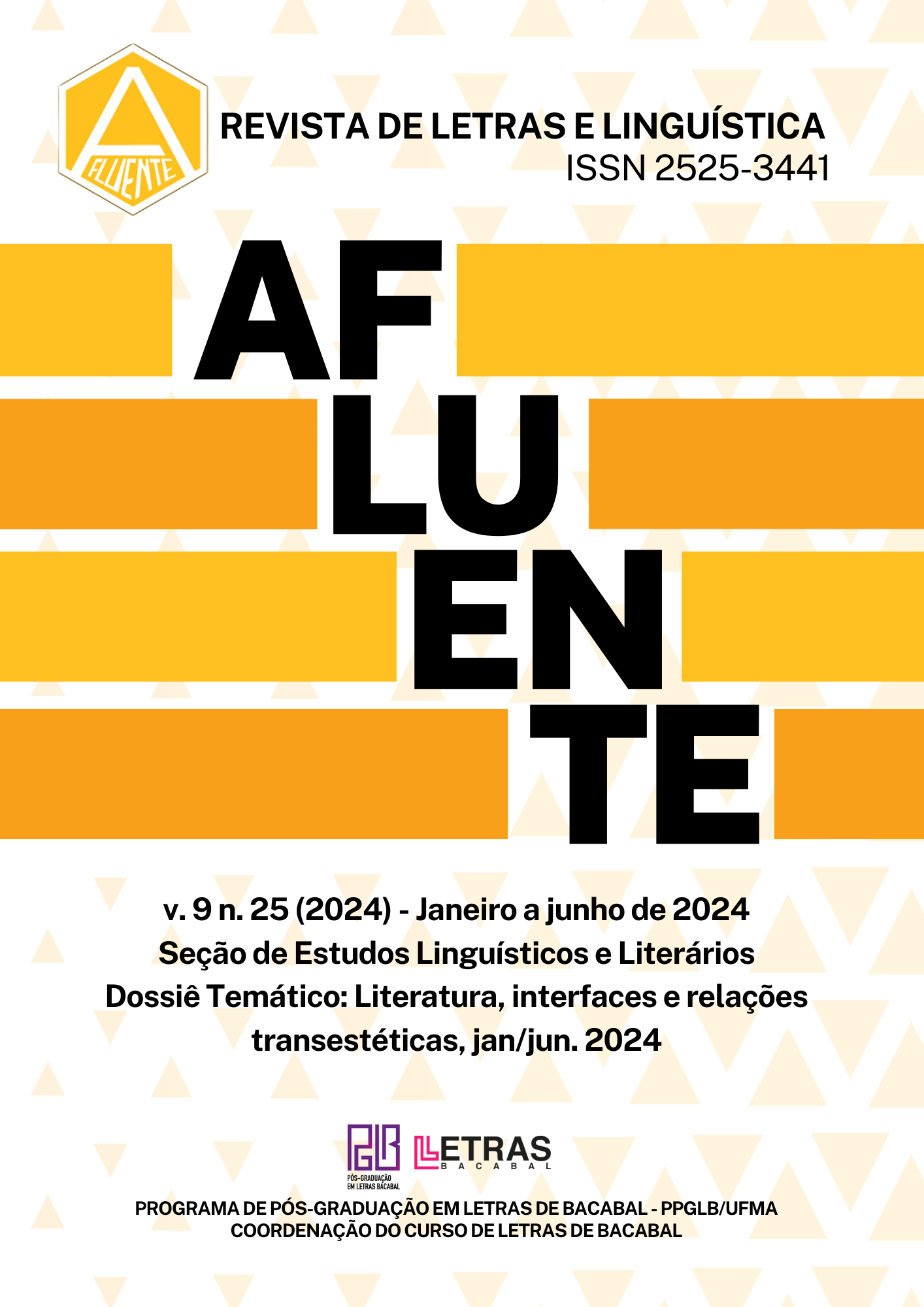Industrial Park, the proletarian novel by Patrícia Galvão: intersections and disagreements with the 1922 and 1930 generations of Brazilian Modernism
DOI:
https://doi.org/10.18764/2525-3441v9n25.2024.09Keywords:
Modernist literature, female authorship, proletarian novel, Patrícia GalvãoAbstract
This article aims to analyze the aesthetic and political choices made by Patrícia Galvão in the conception and production of Parque Industrial, considered the first proletarian novel in the country. Based on the experimentalist language perspective of the first modernist generation, the author writes a novel of social denunciation, ideologically aligned with the modernism of the second generation. However, by giving voice to working women in the novel, Galvão also transgresses concepts imported from the socialist realism of the Soviet Union, predominant in the writings of the 1930s generation, thus dissociating herself from the molds in force at the time of her writing. Based on the reflections of Constância Lima Duarte (2016), Rita Terezinha Schmidt (2019), Silviano Santiago (2000) and Luiz Lafetá (2000), the article seeks to reflect on the intersections and misalignments that the novel establishes with the modernist aesthetic perspectives of the first two generations, which make it unique in Brazilian literature.
Downloads
References
CAMPOS, Augusto de. Pagu Vida-Obra. São Paulo: Companhia das Letras, 2014.
COUTINHO, Eduardo F. Literatura comparada, literaturas nacionais e o questionamento do cânone. Revista Brasileira de Literatura Comparada, v. 3, n. 3, 1996, p. 67-74. Disponível em: <https://revista.abralic.org.br/index.php/revista/article/view/37>. Acesso em: 01 dez. 2023.
DUARTE, Constância Lima. A literatura de autoria feminina e os anos 30 no Brasil. Revista Araticum, Montes Claros, v. 14, n. 2, 2016, p. 9-24. Disponível em: <https://www.periodicos.unimontes.br/index.php/araticum/article/view/780>. Acesso em: 09 dez. 2023.
EAGLETON, Terry. Marxismo e crítica literária. São Paulo: Editora Unesp, 2011.
GALVÃO, Patrícia. Linha do determinismo histórico literário do ano novo. Vanguarda Socialista. Rio de Janeiro, n. 19, 4 jan. de 1946, p. 2.
GALVÃO, Patrícia. Parêntesis no descaminhamento. Vanguarda Socialista. Rio de Janeiro, n. 36, 3 mai. de 1946, p. 2.
GALVÃO, Patrícia. Parque Industrial. São Paulo: Companhia das Letras. 2022.
GALVÃO, Patrícia. Pagu: autobiografia precoce. São Paulo: Companhia das Letras, 2020.
GALVÃO, Patrícia. Sobre a didática elementar: origem da literatura moderna nas ideias do século xx. In: CAMPOS, Augusto. Pagu Vida-obra. São Paulo: Companhia das Letras, 2014.
LAFETÁ, João Luiz. 1930: a crítica e o Modernismo. São Paulo: Duas Cidades: Ed. 34,
MENDES, Murilo. Nota sobre Cacau. Boletim de Ariel. Rio de Janeiro, n. 12, set. 1933, p. 317. Disponível em: <http://memoria.bn.br/DocReader/072702/685> Acesso em: 10 dez. 2023.
SANTIAGO, Silviano. O entre-lugar do discurso latino-americano. In: SANTIAGO, Silviano. Uma literatura nos trópicos: ensaios sobre a dependência cultural. Rio de Janeiro: Rocco, 2000, p. 9-26.
SCHMIDT, Rita. Na literatura, mulheres que reescrevem a nação. In: HOLLANDA, Heloisa Buarque de (Org.) Pensamento feminista brasileiro: formação e contexto. Rio de Janeiro: Bazar do Tempo, 2019, p. 71- 88.
Downloads
Published
How to Cite
Issue
Section
License
Copyright (c) 2024 Afluente: Revista de Letras e Linguística

This work is licensed under a Creative Commons Attribution 4.0 International License.
Direitos autorais Afluente: Revista Eletrônica de Letras e Linguística
Este trabalho está licenciado com uma Licença Creative Commons - Atribuição 4.0 Internacional.















